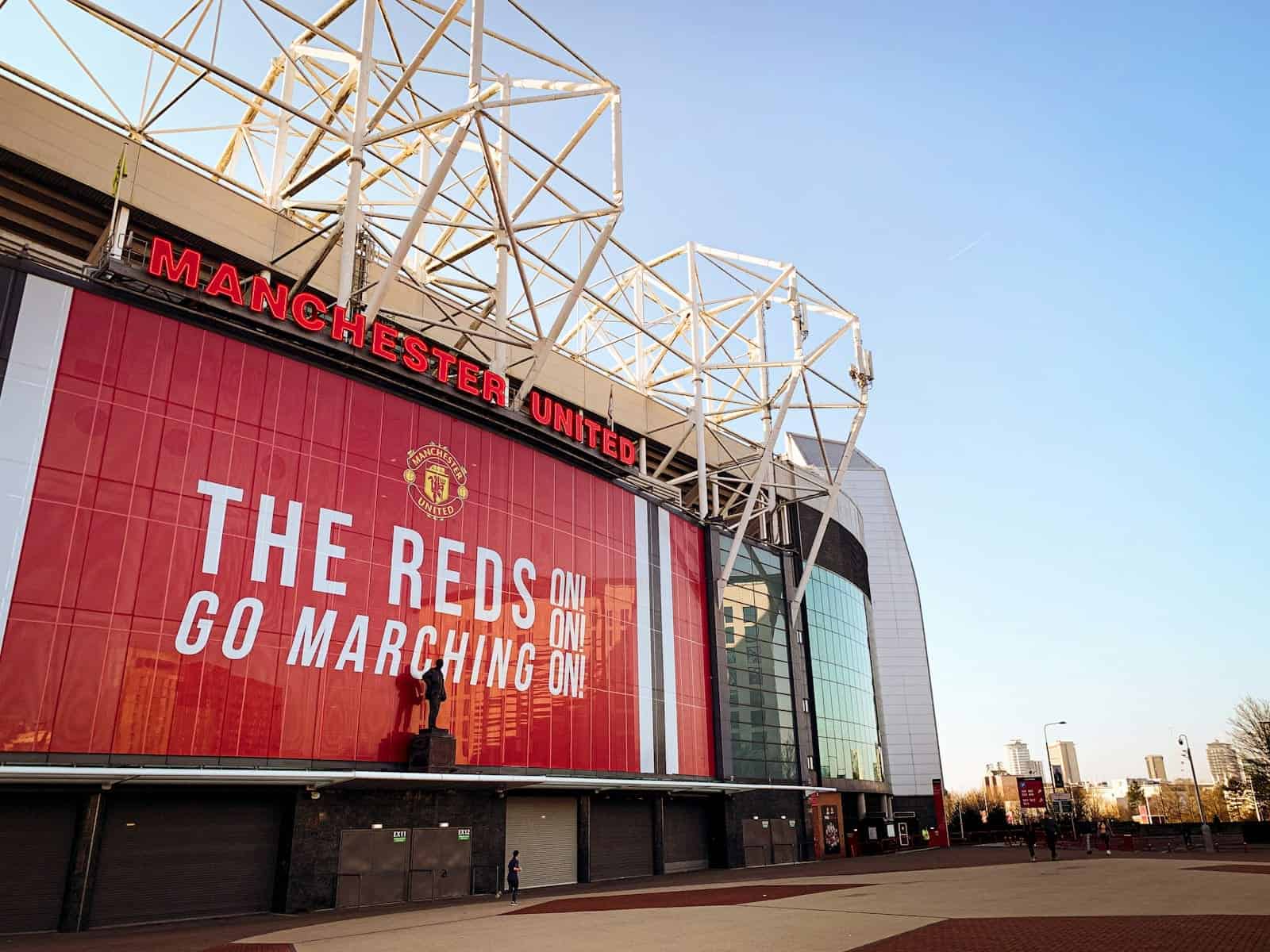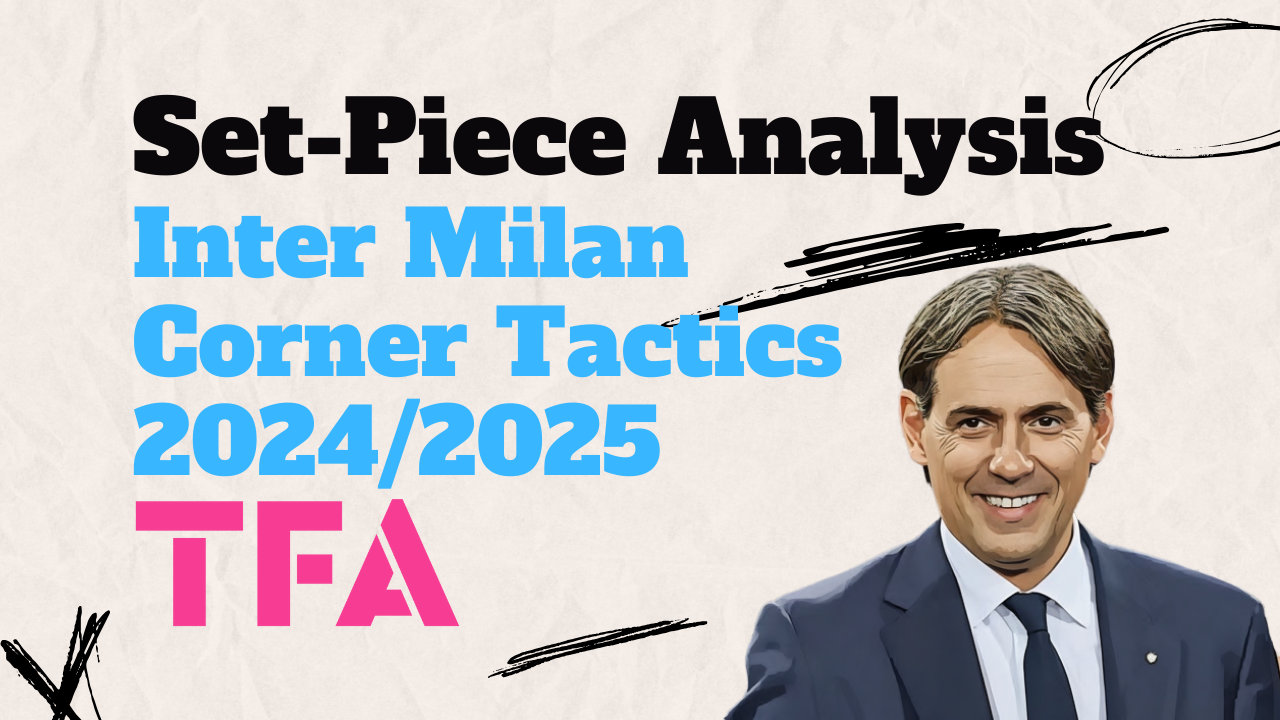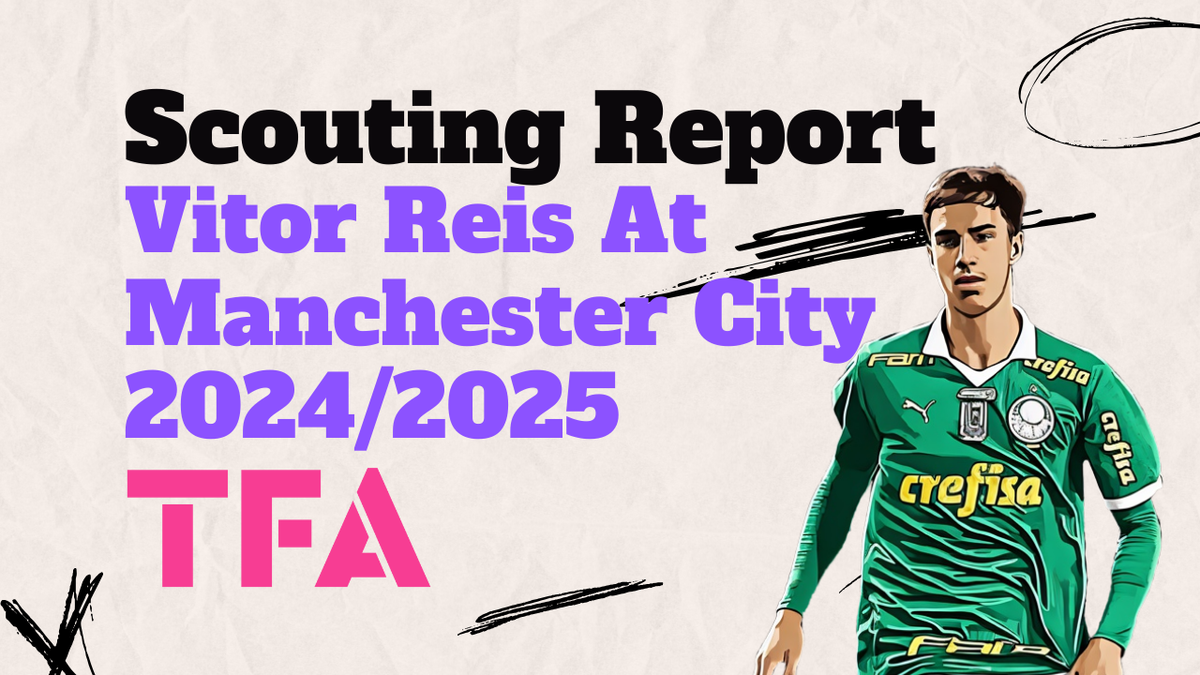Manchester United, one of the biggest football clubs in the world, have a partnership with the blockchain company Tezos.
United and Tezos have released a Web3 fantasy football game.
The collaboration is part of a wider trend where sports clubs are leveraging blockchain technology to enhance fan engagement, creating new revenue streams, and attempting to stay ahead of rivals.
The club and Tezos first partnered in 2022 for a sponsorship deal on United’s training kit.
More recently, they launched a game called Fantasy United.
What is Tezos?
Tezos is a decentralised blockchain known for its energy efficiency and smart contract capabilities.
It’s designed to evolve and improve over time through self-amendment, which makes it a robust platform for Web3 and decentralised applications.
It is one of several decentralised blockchains, with other examples including Ethereum and Cardano.
These networks are essential to the future of blockchain and crypto tech in general.
Web3 is built on these foundations.
Upgrades are key to these networks.
They provide pivotal insight into how blockchain ecosystems are reacting to regulatory and user demands, and, also, how investors rate their changes.
Ethereum’s merge, for instance, can be seen very directly in their price history.
The hype before the launch caused a spike, and then, once upgrades were implemented, the price cooled and settled.
You can check the Ethereum price value now see this for yourself.
These networks, like Tezos, are constantly finding consensus for upgrades and changes to improve their products, services, and ecosystems.
Is Tezos different from other blockchains?
Yes, according to Manchester United.
Their club website says, “can seamlessly evolve, with regular updates designed and approved by its global community of users and developers”.
Tezos themselves describe their blockchain as “self-upgradable and energy-efficient (…) with a proven record of security and scalability.” They use a formal on-chain governance model where stakeholders can vote on proposed changes.
Other blockchains, such as Ethereum, use off-chain governance models.
The company says their partnership with United is “powering innovative engagement experiences for its diverse global community and transforming the ways the club, fans and players interact.”
So what about their game?
The core product of this partnership is a fantasy football game, Fantasy United, built on the Tezos blockchain.
Fans can create virtual teams composed of real Manchester United players.
The performance of these teams in the fantasy game is based on the real-life performance of the players in actual matches.
The game using NFTs means that fans have ownership of their player cards.
These cards can be bought, sold, or traded on various NFT marketplaces.
But why did United want a Web3 game?
The game’s mechanics, such as scoring, rewards, and transactions, are governed by smart contracts.
This is designed to ensure transparency, security, and automatic execution of game rules without the need for intermediaries.
United are aiming to offer fans a more immersive and interactive experience.
Fans can engage with their favourite club and players in a novel way, going beyond traditional forms of interaction such as watching matches or purchasing merchandise.
The game is intended to create a sense of community and competition among fans, who can create mini leagues, compete for rewards, and share their achievements on social media.
Players can earn rewards based on their performance in the game.
These rewards include additional NFTs, tokens, and exclusive experiences such as meet-and-greets with players, VIP tickets to matches, and more.
The use of blockchain ensures that rewards are distributed fairly and transparently.
The game may provide valuable data and insights to both fans and the club.
Fans can gain insights into player performances, while the club may use game data to better understand fan preferences and engagement patterns, potentially influencing their marketing and fan outreach strategies.
Is this a breakthrough in football?
United may be forging a path for other football clubs to follow.
The introduction of a blockchain-based game opens new revenue streams and may increase fan loyalty and engagement.
Fans’ trust in the club may also increase thanks to blockchain’s inherent transparency and security features.
The club will be hoping their global reach expands and that fans across the globe participate in the game.
The decentralised nature of blockchain will allow for potential integration with other platforms and services.
Player NFTs could be used in other games or virtual environments, creating a larger system of digital sports experiences.
This initiative may also serve as an educational tool, introducing fans to the concepts of blockchain, NFTs, and cryptocurrencies in a fun and engaging way.
This education could lead to broader acceptance and understanding of blockchain technologies.
Manchester United have taken a significant step in the integration of blockchain into mainstream sport.
Other global clubs such as Real Madid, Barcelona, and United’s local rivals Manchester City have also been watching this area of development.
Have other football clubs also invested in blockchains?
Manchester City partnered with Animoca Brands in 2020 to create collectibles and gaming experiences, and Juventus use fan tokens on the Chiliz blockchain.
Gerard Piqué, who played for both Manchester United and Barcelona, became a strategic advisor of Ethereum-powered Sorare, which is a football card trading game.
At the time, Piqué said, “I see a huge potential in the sports gaming segment in a digital economy where the attention of the audiences is the single most important unit of currency.”
The same year, Sorare signed a license agreement with Germany’s Bundesliga, allowing fans to trade and play with NFT cards of players like Erling Haaland (then at Dortmund) and Christopher Nkunku (then at RB Leipzig).
2022 was a particularly important year for football and NFTs before the digital assets declined in value.
But Manchester United will be hoping their project with Tezos brings blockchain back into sharp focus.





Comments